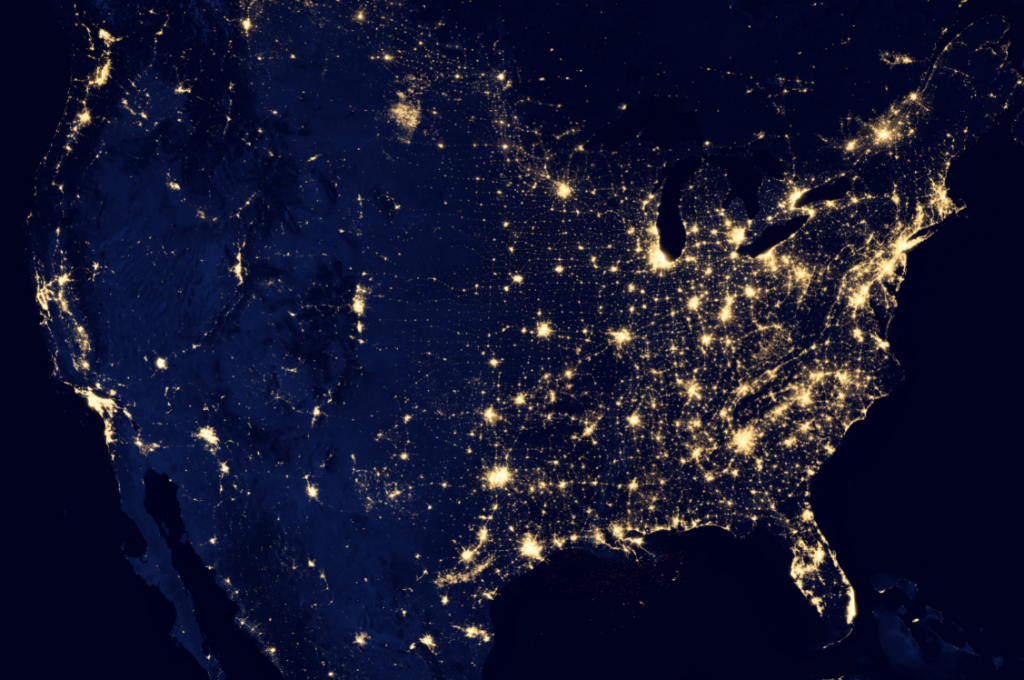Think polarization and inequality are bad now? Buckle up: big cities are poised to get bigger, richer and more powerful — at the expense of the rest of America, a new report by McKinsey Global Institute shows.
Why it matters: McKinsey’s analysis of 315 cities and more than 3,000 counties shows only the healthiest local economies will be able to successfully adapt to disruptions caused by the next wave of automation. Wide swaths of the country, especially already-distressed rural regions, are in danger of shedding more jobs.
The 25 most prosperous cities that have led the recovery from the Great Recession are poised to get stronger. Those megacities could claim at least 60% of job growth through 2030.
The big picture: The labor market will become more polarized.
On one end of the spectrum: a couple dozen successful cities with diversified economies and a lot of young, highly educated workers who are likely to be more resilient to workforce transitions.
On the other end: “trailing” cities and rural regions with aging workforces, lower education levels and jobs that are highly susceptible to automation-related displacement. As a result, these places may see a decade of flat or even negative net job growth.

